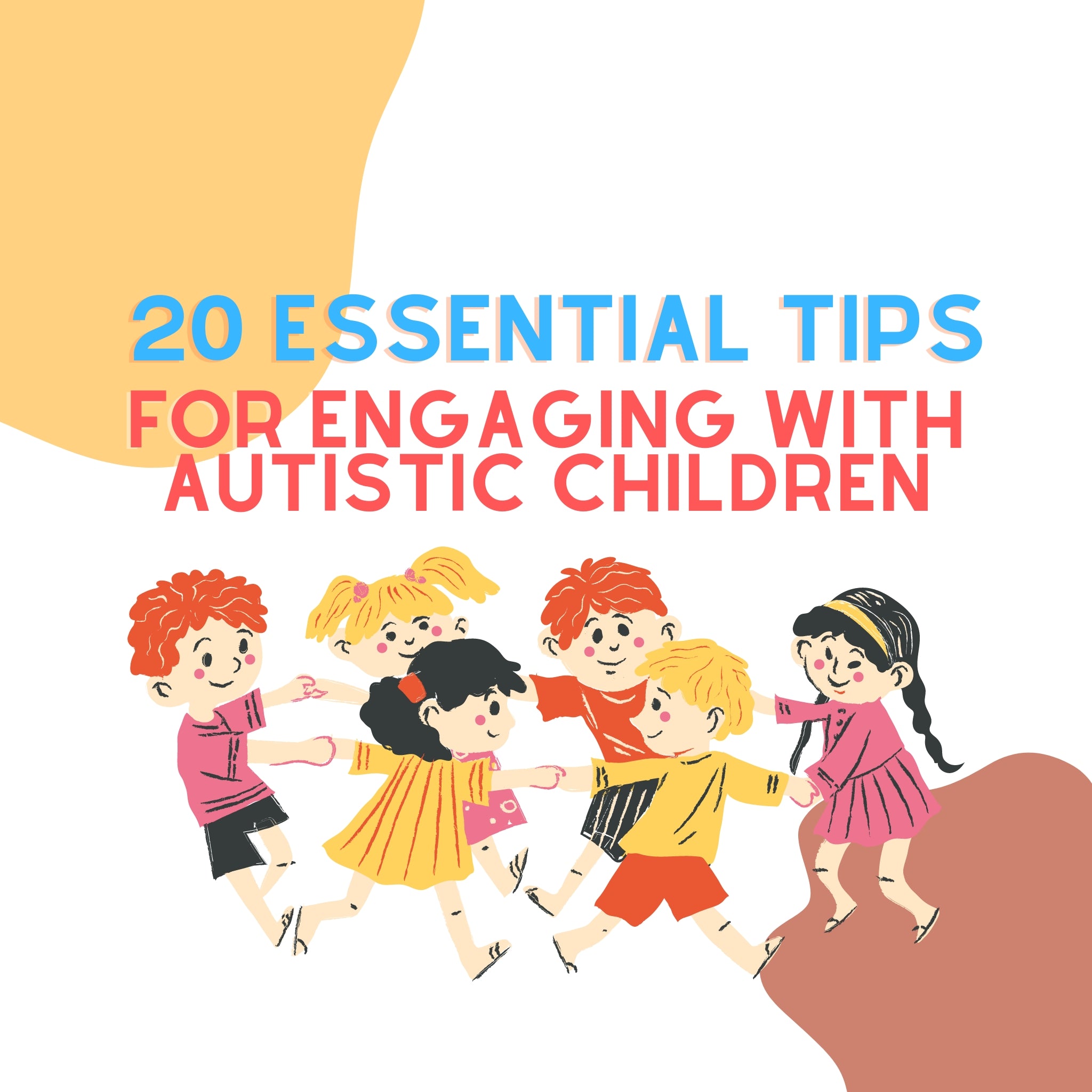Remember, every autistic child is unique, so it's essential to tailor the routine to their specific needs, strengths, and preferences.
-
Consistency: Autistic children often thrive on consistency and predictability. Establish a regular daily schedule with consistent routines for waking up, mealtimes, school, therapy, playtime, and bedtime.
-
Visual Supports: Visual supports such as schedules, calendars, and timers can help the child understand and anticipate their daily activities. Use visual cues, such as pictures or symbols, to represent each activity in the routine.
-
Clear Communication: Use clear and concise language when communicating with the child. Break down instructions or requests into simple steps and give them time to process the information. Visual aids, social stories, or visual schedules can also aid in communication.
-
Sensory Considerations: Understand the child's sensory preferences and sensitivities. Create an environment that accommodates their sensory needs, such as providing a quiet space for breaks, using noise-cancelling headphones, or offering sensory toys or fidget tools.
-
Transition Strategies: Many autistic children struggle with transitions between activities. Use visual timers, countdowns, or verbal cues to help the child prepare for upcoming transitions. Give them ample time to mentally adjust and communicate any changes in routine well in advance.
-
Breaks and Downtime: Allow regular breaks throughout the day to help the child recharge and manage sensory overload. Provide a designated calm and quiet space where they can relax and engage in activities that help them self-regulate.
-
Social Skills Practice: Incorporate social skills practice into the routine to help the child develop and improve their social interactions. This can include structured playdates, social stories, or participation in group activities with peers.
-
Individual Interests: Incorporate activities or hobbies that align with the child's interests. Autistic children often have specific areas of intense interest, so including these activities can be highly motivating and enjoyable for them.
-
Positive Reinforcement: Use positive reinforcement strategies, such as praise, rewards, or a token system, to encourage and motivate the child throughout their routine. Celebrate their accomplishments and progress.
-
Flexibility: While consistency is important, it's also necessary to be flexible and adapt the routine when needed. Recognize that some days may be more challenging than others, and be prepared to make adjustments to the routine accordingly.
-
Use their preferred communication style: Some autistic children may prefer nonverbal or alternative forms of communication, such as using visual aids, gestures, or assistive communication devices. Respect and accommodate their communication preferences.
-
Provide predictability and warnings for transitions: Many autistic children find transitions challenging. Use visual timers, countdowns, or verbal cues to help them anticipate upcoming changes and provide warnings before transitions occur.
-
Offer choices within limits: Give the child choices within a structured framework. This helps them feel empowered and in control while still maintaining appropriate boundaries.
-
Break tasks into smaller steps: Complex tasks can be overwhelming for autistic children. Break them down into smaller, manageable steps to make them more achievable. Visual supports or written instructions can be helpful for this.
-
Encourage self-regulation strategies: Teach and promote self-regulation techniques such as deep breathing, taking sensory breaks, or engaging in calming activities. These strategies can help the child manage stress or sensory overload.
-
Foster a supportive and accepting environment: Create an atmosphere where the child feels safe, accepted, and supported. Celebrate their strengths and encourage a positive mindset. Promote inclusivity and understanding among peers and family members.
-
Collaborate with professionals and support networks: Work closely with professionals, such as therapists, educators, and support groups, who specialize in autism. They can provide valuable insights, guidance, and resources to enhance the child's development and well-being.
-
Encourage social interactions: Help the child develop social skills by providing opportunities for interactions with peers, siblings, or support groups. This can be facilitated through structured activities, group projects, or community events.
-
Celebrate progress and achievements: Recognize and celebrate the child's accomplishments, no matter how small. Positive reinforcement and encouragement go a long way in building self-esteem and motivation.
-
Stay attuned to individual needs: Remember that each autistic child is unique. Continuously observe, listen, and adapt your approach to meet their specific needs, preferences, and comfort levels.


